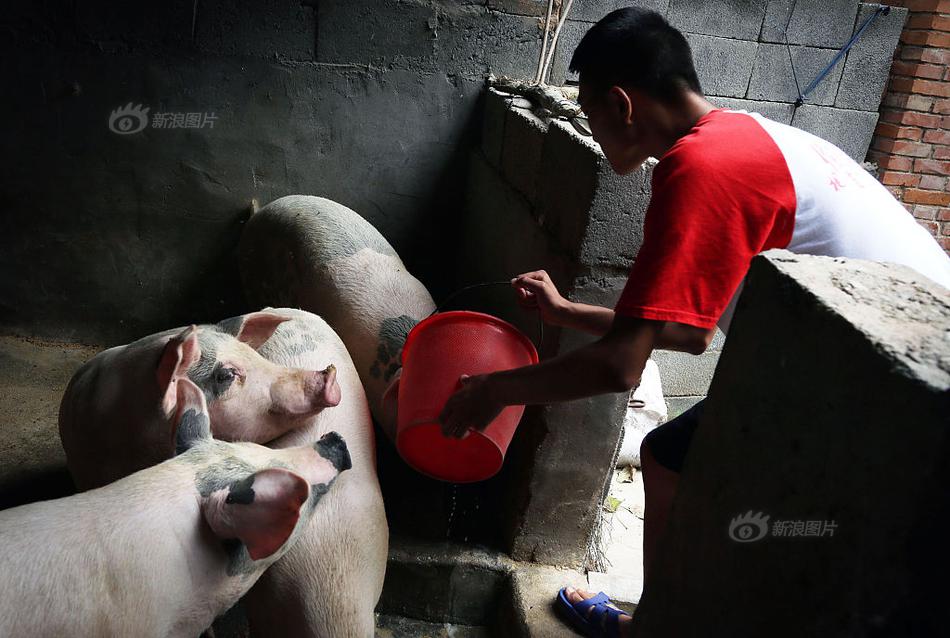Surprisingly,Jessica Drake in Scandalous Sex (2004) full movie the toilet seat isn't the dirtiest part of an airport. Neither is the bathroom door handle, or the baggage claim, or even the floor.
Germs love the plastic security trays, according to a study from the University of Nottingham and the Finnish National Institute for Health and Welfare.
SEE ALSO: Kathleen Turner reveals what it's really like to experience Donald Trump's 'gross handshake'For the study published in BMC Infectious Diseases, researchers swabbed a variety of frequently touched surfaces at Helsinki-Vantaa airport during peak travel time in the winter of 2016. They discovered viruses on 10 percent of all the tested surfaces, including staircase rails, passport checking counters, and payment terminals.
But the most popular hotspot for infections like rhinovirus (the common cold) and influenza was the plastic security bins where passengers dumped their shoes, phones, and carry-on bags.
Even worse, the study concluded that although the viruses found on frequently touched surfaces may not cause disease, the microbes can survive on "various materials" for "up to several days."
The study's researchers hope that the findings "improve public awareness of how viral infections spread."
In a statement, the University of Nottingham's Professor of Health Protection Jonathan Van Tram suggested that travelers minimize the spread of contagious viruses by washing their hands and coughing into a handkerchief or sleeve while in public, which is the same advice elementary school teachers give their students.
"These simple precautions can help prevent pandemics and are most important in crowded areas like airports that have a high volume of people traveling to and from different parts of the world," he said.
It should be noted, however, that the study was only conducted at one airport. Considering that sanitation practices likely differ between airports, security bins may be contain more germs at some than others.
According to the University of Nottingham the study is part of a larger research project funded by the European Union that investigates how airports and other travel-heavy checkpoints are platforms for spreading serious infections. Organizers hope that the research will "strengthen public health advice in preparation for future flu pandemics."
Virology expert Niina Ikonen, who co-authored the study, suggested "technical improvements" that could limit the spread of germs. She concludes that airports could provide free hand sanitizer where "intense, repeat touching of surfaces takes place."
So after you grab your phone and shoes from airport security, consider washing your hands. You don't know what microscopic creatures are crawling across your screen.
(Editor: {typename type="name"/})
 NYT Connections hints and answers for February 5: Tips to solve 'Connections' #605.
NYT Connections hints and answers for February 5: Tips to solve 'Connections' #605.
 NYT mini crossword answers for April 15, 2025
NYT mini crossword answers for April 15, 2025
 The internet is talking like Kevin from 'The Office' now
The internet is talking like Kevin from 'The Office' now
 NYT mini crossword answers for April 13, 2025
NYT mini crossword answers for April 13, 2025
 Best GPU deal: Get the MSI RTX 5080 for $1,249.99 at Best Buy
Best GPU deal: Get the MSI RTX 5080 for $1,249.99 at Best Buy
NYT mini crossword answers for April 13, 2025
 The Mini is a bite-sized version of The New York Times' revered daily crossword. While the crossword
...[Details]
The Mini is a bite-sized version of The New York Times' revered daily crossword. While the crossword
...[Details]
NYT Connections hints and answers for April 14: Tips to solve 'Connections' #673.
 Connectionsis the one of the most popular New York Times word games that's captured the public's att
...[Details]
Connectionsis the one of the most popular New York Times word games that's captured the public's att
...[Details]
Report: Used Teslas flooded the market in March 2025
 Tesla's very bad 2025 is far from over. The latest setback: Current Tesla drivers are ending their r
...[Details]
Tesla's very bad 2025 is far from over. The latest setback: Current Tesla drivers are ending their r
...[Details]
Best external hard drive deal:WD 5TB Elements for $114.99
 SAVE $25: As of Feb. 10, the WD 5TB Elements portable external hard drive is on sale for $114.99 at
...[Details]
SAVE $25: As of Feb. 10, the WD 5TB Elements portable external hard drive is on sale for $114.99 at
...[Details]
NYT mini crossword answers for April 12, 2025
 The Mini is a bite-sized version of The New York Times' revered daily crossword. While the crossword
...[Details]
The Mini is a bite-sized version of The New York Times' revered daily crossword. While the crossword
...[Details]
The internet is talking like Kevin from 'The Office' now
 The internet's jargon has a nasty habit of worming its way into everyday speech, which is how you en
...[Details]
The internet's jargon has a nasty habit of worming its way into everyday speech, which is how you en
...[Details]
Report: Used Teslas flooded the market in March 2025
 Tesla's very bad 2025 is far from over. The latest setback: Current Tesla drivers are ending their r
...[Details]
Tesla's very bad 2025 is far from over. The latest setback: Current Tesla drivers are ending their r
...[Details]
Best iPad deal: Save $70 on 10th Gen Apple iPad
 SAVE $70:As of Feb. 4, the 10th Gen Apple iPad (WiFi, 64GB) is on sale at Best Buy for $279. This is
...[Details]
SAVE $70:As of Feb. 4, the 10th Gen Apple iPad (WiFi, 64GB) is on sale at Best Buy for $279. This is
...[Details]
Samsung 3D gaming monitor deal: Get $200 and a free headset
 GET $200 AND A FREE HEADSET: As of April 11, Samsung is offering a $200 credit and a free JBL headse
...[Details]
GET $200 AND A FREE HEADSET: As of April 11, Samsung is offering a $200 credit and a free JBL headse
...[Details]
NYT Connections hints and answers for February 1: Tips to solve 'Connections' #601.

New Chipolo Pop tracker works with Apple and Android devices

接受PR>=1、BR>=1,流量相当,内容相关类链接。